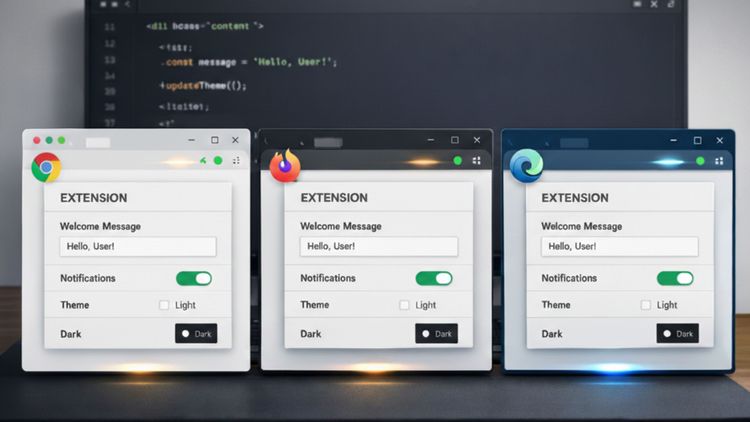Introducing the <geolocation> Element
Google Chrome 144 is set to introduce a new HTML element, marking a significant shift in how web applications request user location data. Previously, developers relied on JavaScript APIs to trigger location prompts, but the new element allows for a more declarative and streamlined approach directly within HTML markup.
This update aims to simplify the process for both developers and users, reducing reliance on JavaScript and making location requests more transparent and consistent across web applications. The element is expected to improve user experience by providing a standardized, browser-native way to handle permissions and data access.
As Chrome continues to evolve, this feature highlights the browser’s commitment to modernizing web standards and enhancing privacy controls for end users










